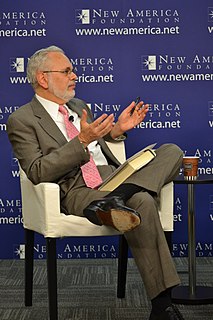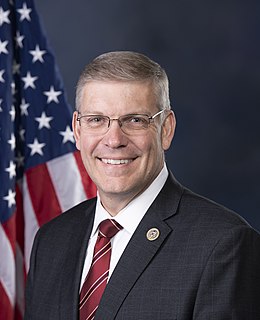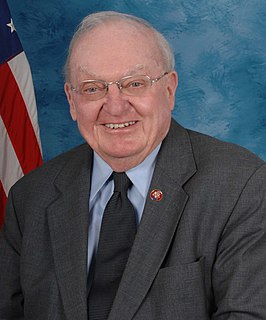A Quote by Evan Davis
In principle, there are only three main components of spending that much matter to monetary policy: consumer spending, business investment and exports and trade.
Related Quotes
The reality is that business and investment spending are the true leading indicators of the economy and the stock market. If you want to know where the stock market is headed, forget about consumer spending and retail sales figures. Look to business spending, price inflation, interest rates, and productivity gains.
The basic prescription for preventing deflation is therefore straightforward, at least in principle: Use monetary and fiscal policy as needed to support aggregate spending, in a manner as nearly consistent as possible with full utilization of economic resources and low and stable inflation. In other words, the best way to get out of trouble is not to get into it in the first place.
A curious mind does not say to consumers "What do you want?" A curious mind understands context, understands behavior, understands spending and spending patterns - the accumulation of a day's purchases, or spending over a week or a year. A curious mind asks the questions that open up the consumer to talk about her latent dissatisfactions, hopes, wishes, and dreams.
Conservatives in general, and even so called Tea Party conservatives, are not against transportation spending. Indeed, interstate commerce is one purpose of interstate highways and byways, and is one of the things the federal government is actually supposed to spend our tax dollars on. What conservatives are opposed to is needless and excessive spending, pork-barrel spending, deficit spending, spending to pick winners and losers among American individuals and corporations, and spending to promote the social and economic whims of the Washington few.
There is so much investment in it of people's labor time that it will never make money. But there are other documentaries that you might make that are sort of on assignment for television that turn around in three to six months. Then the margin can be much be better for you because you're not spending three-and-a-half years on it. So I think if you're doing documentary films, that's sort of the way to look at it.
We are in tough economic times right now, and the first thing we have to do is look at how we're spending the dollars that we have, and at what kind of return on investment we're getting. Because I think it will show that spending more money without fixing the fundamental flaws in the system won't produce anything different in terms of results. In DC, we were spending a whole lot of money on things that had no positive impact on students' achievement levels.



































